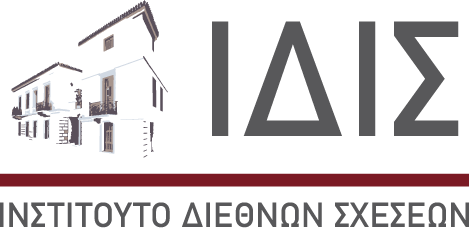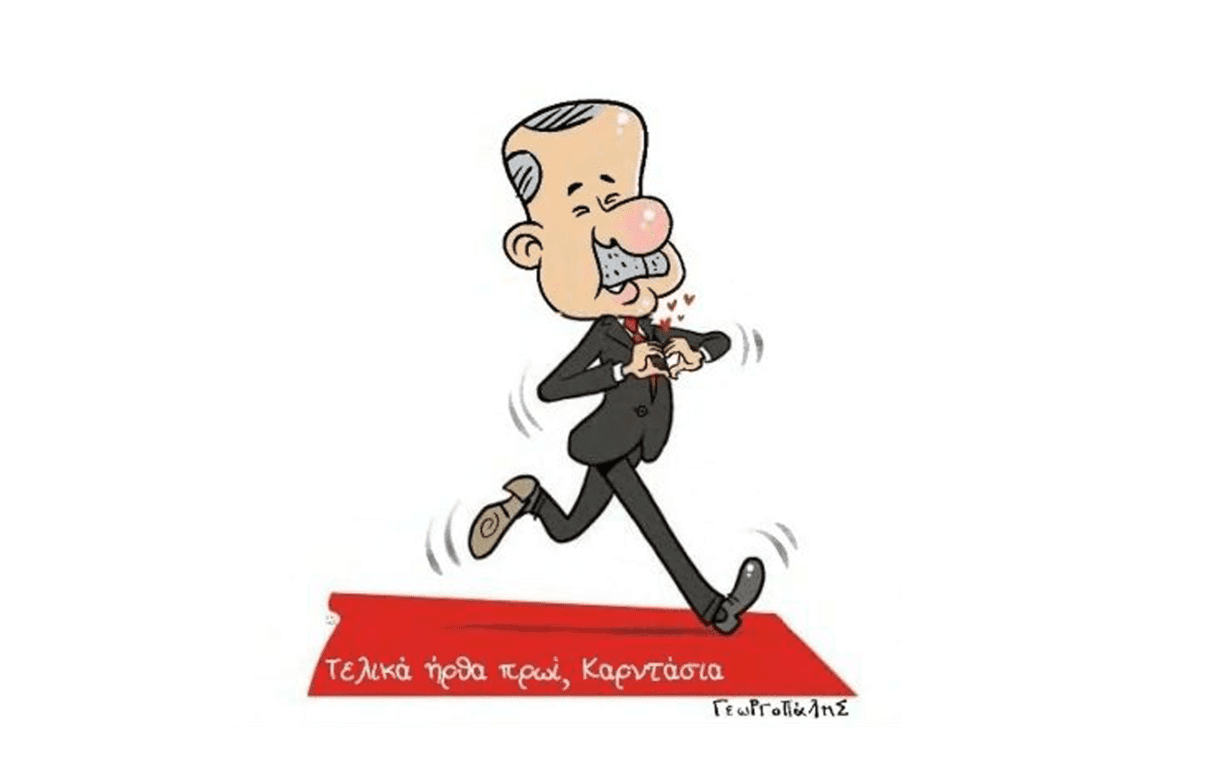It is difficult to predict with any degree of certainty how the quest for a rapprochement with Turkey will end. Historically, high expectations are ill-advised. It would be a {positive} surprise should we advance into substantive talks. Should that happen, it will be the result of a dramatic shift in Turkey’s posture. Time will show if things turn out better this time. The de-escalation process is not a sprint but a marathon.
Last Thursday’s summit signalled the end of a roadmap agreed in Vilnius, in the first interpersonal meeting between the two and following four years of threats, insecurity, and tension. And it went better than we expected. President Erdogan came to Athens to make the case that Turkey has the political will to positively engage in negotiations. The conclusion of the Athens Communique on “Friendly and Good Neighbourhood Policy” is in every respect significant, not least because it provides oxygen to a process chocking on mistrust. What we see over the last ten months speaks precisely to this issue: confidence building. Of course, we have no substantive progress on the unacceptable Turkish claims over Greek sovereignty. However, we do have a clear commitment to a peaceful conflict resolution process, including our substantive disagreement over the delimitation of maritime borders and a mutual commitment to seek international legal arbitration. The latter has been a constant Greek foreign policy diplomatic objective since {the Presidency of} Konstantinos Karamanlis.
True, in international politics similar commitments often worth less than the paper printed on. It is certainly the case that crude power and determination are the key variables in seeing these commitments through, as we need to deter every threat and to enter negotiations without fear. It is naïve to think that engaging with the other side presupposes abandoning the quest for national deterrence capacity.
It has been critical to deepen out our own capacity and deepen our alliances. The domestic challenges emerging after the February 2023 devastating earthquakes, along with Turkey’s global limitations, forced an about-turn on its security posture. The Greek arms procurement programme and Athens diplomatic manoeuvring shake Ankara’s geopolitical arrogance and strategic calculations to an extent. The December 7 Summit does not signify a requirement for the reevaluation of Greek foreign policy. The Greeks arms procurement programme must continue as a return to conflictual ‘regularity’ is possible.
However, from this point forward, Athens is engaging in a process with small, calculated steps, focusing on the final resolution of our differences in the Aegean and the East Mediterranean. We know where we stand, as does the other side: nothing should come as a surprise to either party.
One often hears strong reservations on the instrumentality of engaging in talks with a country that has clearly articulated its ambition for strategic autonomy and expressed reformist aspirations; these are likely to persist. For the regime in questions will often reject the West as a vehicle of global values and will extent its support to Putin’s Russia and the assassins of Hamas. Geography, however, is relentless. Greek foreign policy has limitations set by a geographic reality. One needs to reap every opportunity to frame an understanding that will support the Greek national interest by denying Turkish hegemonic ambitions and point towards shared security and prosperity. If there even a single chance of reaching this objective, it is our obligation to exhaust any opportunity for a positive outcome seeking recourse in international justice.
Other would opt for inaction, hoping the balance of power will become more favourable or that Turkey will collapse. They may be right. However, key power trajectories, such as demographic balance, GDP growth, production capacity, and technological innovation undermine the viability of this strategic calculation.



